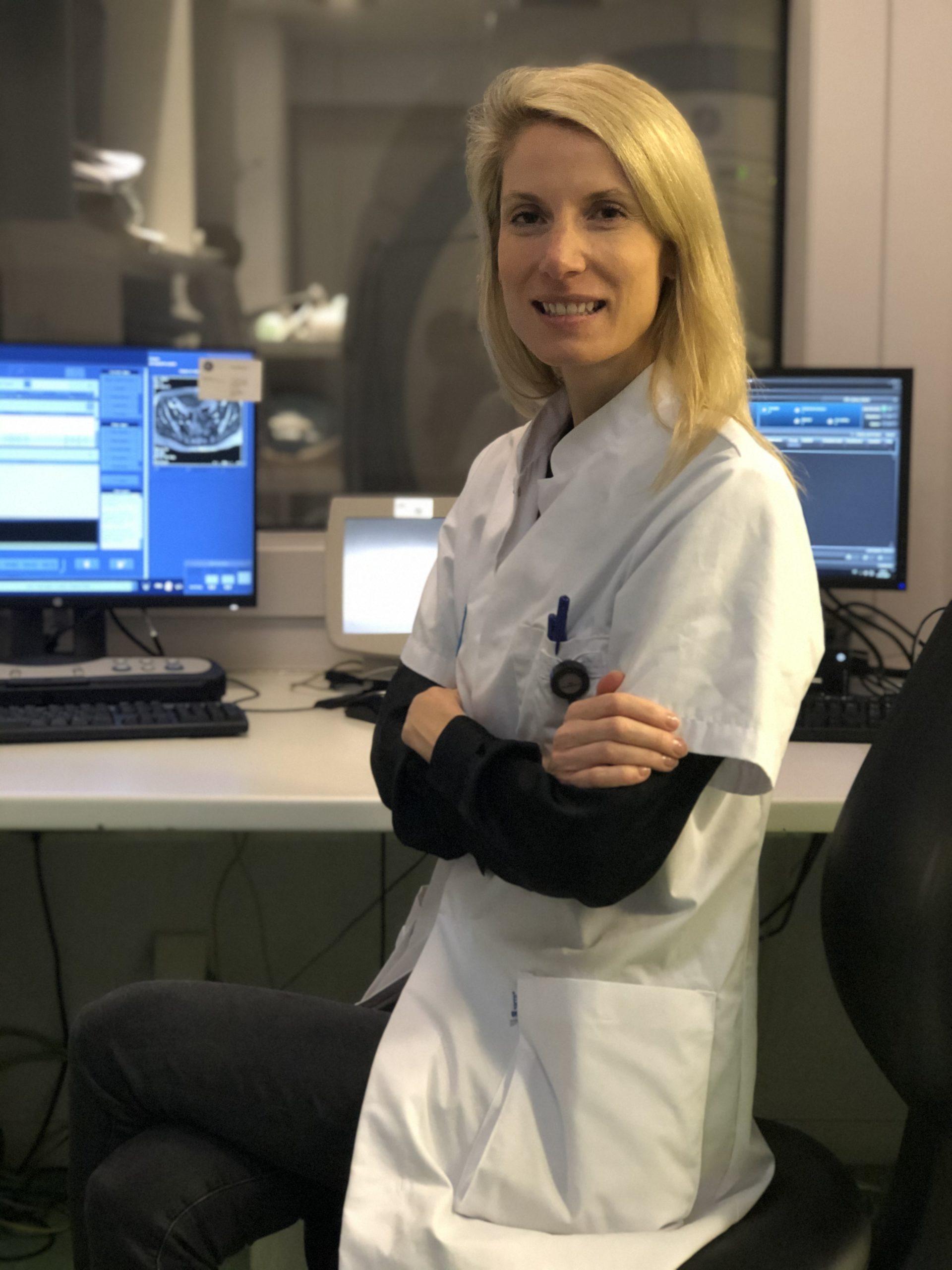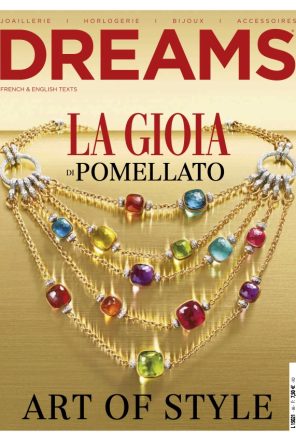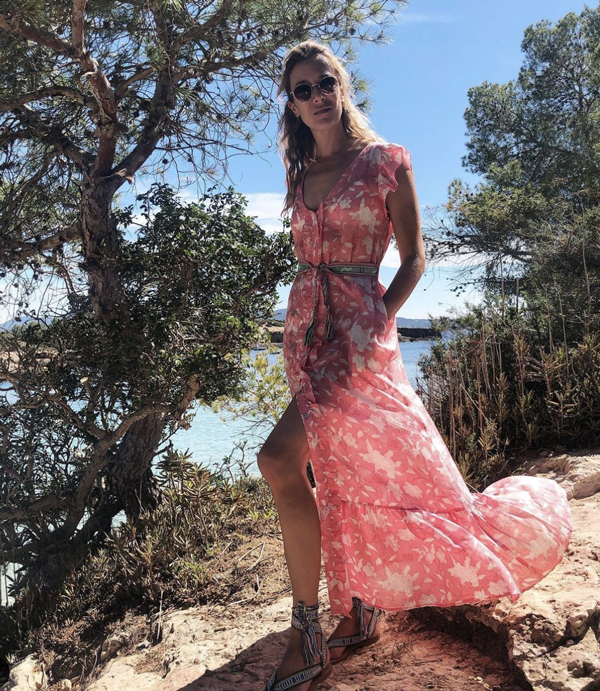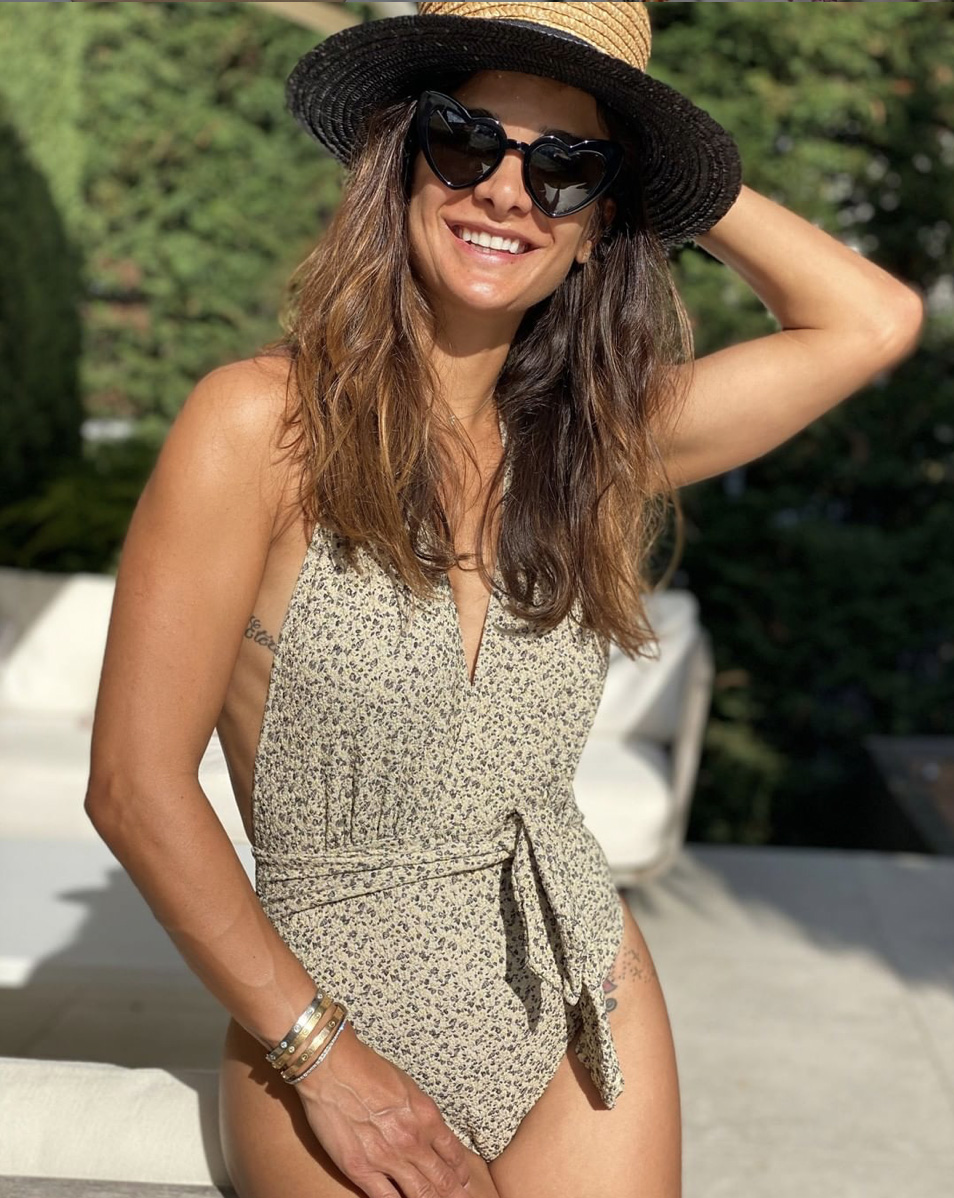Tell me a bit about yourself? Your background and origins
I was born and raised in France where I lived until I finished my medical studies. A:er my medical studies, I moved to Belgium for work and love. I am married, have two young adult kids, and live and work in Brussels for more than 15 years now.
What made you decide to become a Doctor and work in radiology? Where are you currently working?
I probably fell into medicine during my childhood via my father who is an anesthesiologist. Once I finished my general medical studies, I developed a specific area of interest for radiology since I enjoyed practicing medicine via the highly performant medical devices such as MRI, scanner, echography, etc. What I particularly like in radiology, is the fact that you are at the very beginning of diagnosing patients, whereby you can for instance diagnose a small tumor at a very early stage that can be treated in time and that can then save the patient’s life.
I practice radiology in Brussels in the Clinique Saint Michel which is part of the Clinique de l’Europe in Brussels.
We are living unprecedented times with the pandemic of the COVID-19, what are the challenges you are facing the most?
Since March 2020 we realize that we will have to fight against a new enemy, the virus COVID-19. As from the start of the epidemic, it is a challenge and it will continue to be a challenge that evolves every day and that has three components: the way we take care of patients, the daily learning of symptoms and their radiological translation, and, the protection of our medical staff! This last component may even be the most critical one. How can you adequately protect yourself and your staff if there is not sufficient equipment, such as masks, glasses or protective gear?
Tell us about the virus. There is so much information out there… Please tell us what are the symptoms we should look out for and when does it, from your experience, become severe. Does it mainly affect the elderly?
Patients with COVID-19 can have mild to severe respiratory illness symptoms. Symptoms may appear in between two to fourteen days following the infection. The main symptoms are fever, cough and shortness of breath. But you also can develop anosmia (smell disorders) and/or ageusia (taste disorders). If you have any of these symptoms, you may have contracted the infection. In such case, call your doctor, monitor your temperature, be very attentive to your breathing, and if you are out of breath, it’s a serious sign and you must go to your nearest emergency unit! The COVID-19 infection mainly affects the elderly and more fragile patients (including immune-depressed people) but unfortunately, we have also seen during the last days that anyone can be affected, man or women, younger people, teenagers, and babies.
There have been other pandemics in the past, but never one that has affected us on a global scale. Do you think it’s a message from Mother Earth or what are the lessons we should learn from this?
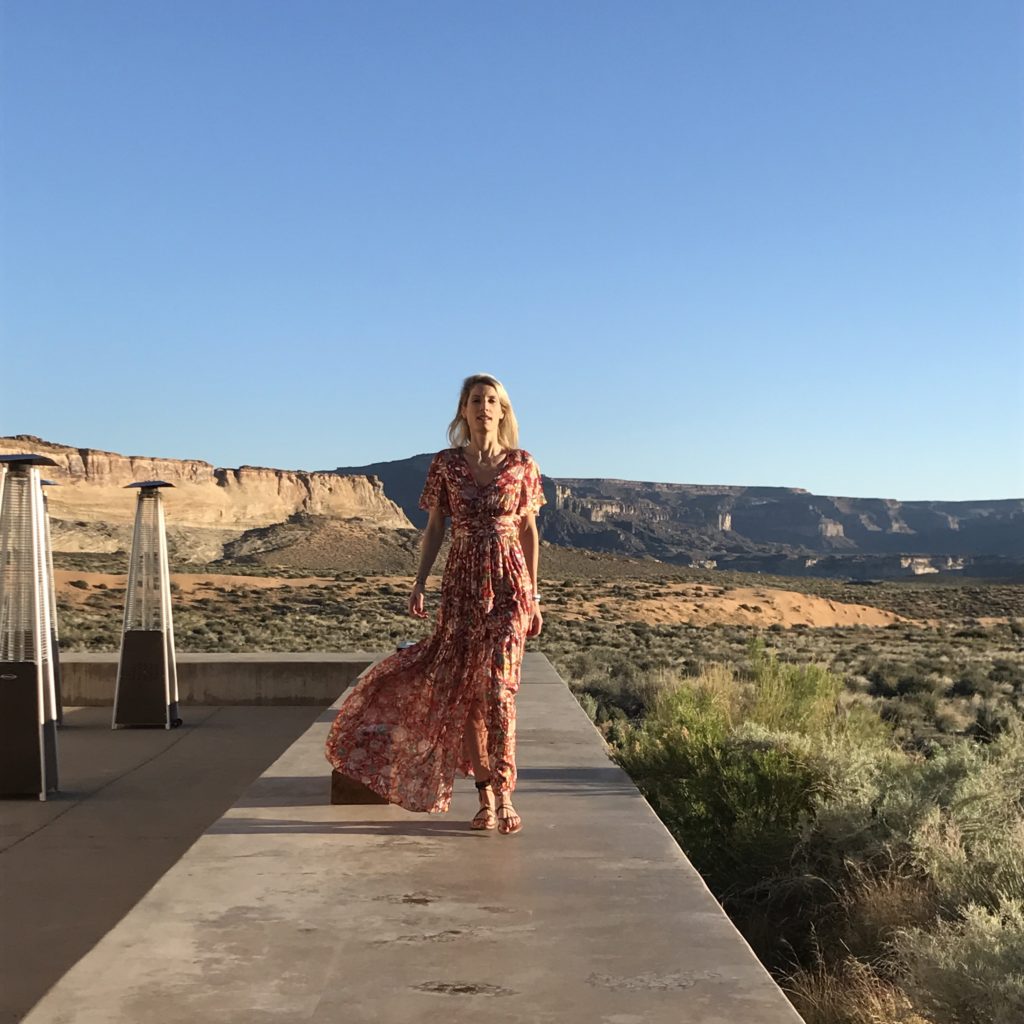
I don’t know if it’s a message from Mother Earth. I only notice that we are somewhat helpless and lost against this virus. Our medical knowhow and resources are in this combat certainly challenged. But irrespective the presence of a certain fear vis-à-vis the virus, I can testify that there is an incredible dedication and professionalism in my radiology department and in my clinic to combat the virus, and eventually, we will overcome.
Is the medical staff tested on a regular basis? Do you think in general the population should get tested and have a tracking system like in Singapore?
As part of the medical staff, we are only tested if we have fever. In my opinion, and in an ideal world with no shortage of tests, it would obviously be preferable if we could test even more people, hereby starting with the medical staff.
A tracking system like in Singapore is not self-evident to roll out globally, since the acceptance of such system also depends on the country’s culture and politics, and in particular on the balance between privacy and health care, whereby personal health information would then be shared with local authorities, which may be a delicate issue.
In your opinion, what is the best method to fight this virus?
In the absence of an effective vaccine or established, reliable and reproductive therapeutic approach, the rigorous respect of hygienic measures combined with a certain lockdown and social distancing seem to be an efficient way the fight the infection.
Alternatively, it could perhaps also be considered to mandatorily wear masks in public spaces whereby a lockdown could be softened. This option requires of course that there would be sufficient masks available for everybody, which does currently not seem to be the case.
What do you think of Dr. Raoult’s treatment of the virus through chloroquine?
I am radiologist and not microbiologist!
It is obviously not necessarily self-evident to rely on a treatment that has not yet scientifically proven its effects, but it is clear that our medical knowledge is being stretched constantly during this pandemic. The final treatment will obviously be based on the outcome of the results from different tests and different approaches. And if a chloroquine treatment may serve the purpose, that would even be for the better.
Do you think measures will be put in place when we will be out of quarantine? Or life will go back to normal?
I believe that the confinement will be gradually lifted, but that such gradual lifting may take more time than expected.
If one has already caught the virus, do you become immune to it? How long do you think it will take for a vaccine to come out?
With such new virus, nothing is established and yesterday’s truths and certainties will not be those of tomorrow.
For the time being, we know that the virus immunizes the population in general, but for people with a weak immunity system, a reinfection or resurgence of the virus has been no3ced.
Currently, the race is on for a candidate vaccine, with tests scheduled for September and emergency use for early 2021.
Describe to us a day at work under the current circumstances.
A day at work now looks like a ceremonial ritual whereby I try to get the maximum protection for myself as well as for our staff! We wear surgery clothes, a medical blouse, a surgical mask, and all jewellery must be removed. We then disinfect our desk, computer, chair, everything! After that, our day can begin!
How did you talk to your children about the virus and reassure them? And your husband, as you are in the frontline? How do you deal with the stress of it all? As a working mom and wife… Even though you are a super woman 😉 Finding the balance between life at home and work must be challenging…
I have always adopted an open and direct communication with my kids, and this in all circumstances! They know and understand way more than you expect. I explained to them that it was a new situation, a new virus, whereby there is currently no treatment or vaccine, that the confinement is currently the best way to fight this virus, and that they are part in this combat whereby they must also comply with hygiene rules and confinement.
And yes, you are right! Finding the right balance between work and family is a daily challenge, but once found, it brings so many things, like satisfaction, gratitude, and love!
It must be unsettling to come home every night and to think that you might be spreading the virus to your loved ones. How do you handle it? What measures do you take?
Because of my frontline role in this battle, the feeling of insecurity for me and my family is overwhelming and can be most difficult to manage! I always bear in mind that I can spread the virus against my will!
I reduce the hugs and kisses to my kids in order to protect them; it is indeed painful that you can’t hold your daughter or son in yours arms, but it’s necessary!
How do you try to get your mind off of work? If that is even possible right now!
Over the years I have learned to disconnect with the hospital world, in order to protect myself and also to rejuvenate myself! Without the COVID-19 crisis, it was certainly easier…
The medical images that I see during the day of COVID-19 patients, stay in my mind. These images create feelings which I never felt before, such as fear.
What advice would you give to a young woman who would like to become a Doctor? Have things changed since you started your career! Especially now with the pandemic.
I would tell her: Go for it! Equipment and techniques are constantly evolving in medicine, but the very essence remains the same: it’s about the relationship with patients during sickness, pain, or upon death, but it’s also their healing, their fighting and their recovery.
She will certainly have to find the right balance with her family life, especially in crisis periods such as the one we are currently experiencing. But she will experience gratitude, learn humility and humanity, learn to give without return, learn combativeness, discover the resilience of some patients… Medicine will make her an even better version of herself!
I know you are very much into fashion and are feminine in your choice of wardrobe. What is your style when at work? Any tips to other fellow young female doctors on choosing a fashionable yet appropriate ouait at work? And Off-duty what is your choice of outfit?
At work, I adopt a casual chic outfit: skinny jeans, a silk blouse and a pairs of boots, such as my favorite Susanna boots from Chloé or the Anine Bing boots. I also often wear flat Valentino shoes. My advice to young female doctors: Do not neglect your shoes!
Off duty, I can wear various styles. It can be from short to long, and from black to the flashy colored Mimi Liberté kimonos from my friend Michel Klein. For the casual day, I like associating slim leather pants with a blazer. For cocktails, you may see me in a pantsuit and some heels. And while traveling, I often wear either a long dress, or a short with a fashionable pair of sandals.
Define elegance and which woman do you admire in your entourage? And who do you look up to in terms of public figure?
For me, elegance is a blend of simplicity, grace and harmony. Clothing should not be a disguise but an embellishing of the woman’s personality. I obviously admire my mum, since she is the woman who contributed to be the woman I am right now.
As to some inspiring people, I’m lucky and grateful to be surrounded by a couple of fashionable and talented friends, each in their field, such as Cécilia Bönström, or Inna Zobova for silk scarves, and not to mention yourself of course, Daniela, for the elegant and feminine jewelry! I also like the work of Anine Bing and Isabel Marant.
You are also into jewelry, obviously lol! What seduces you about jewelry?
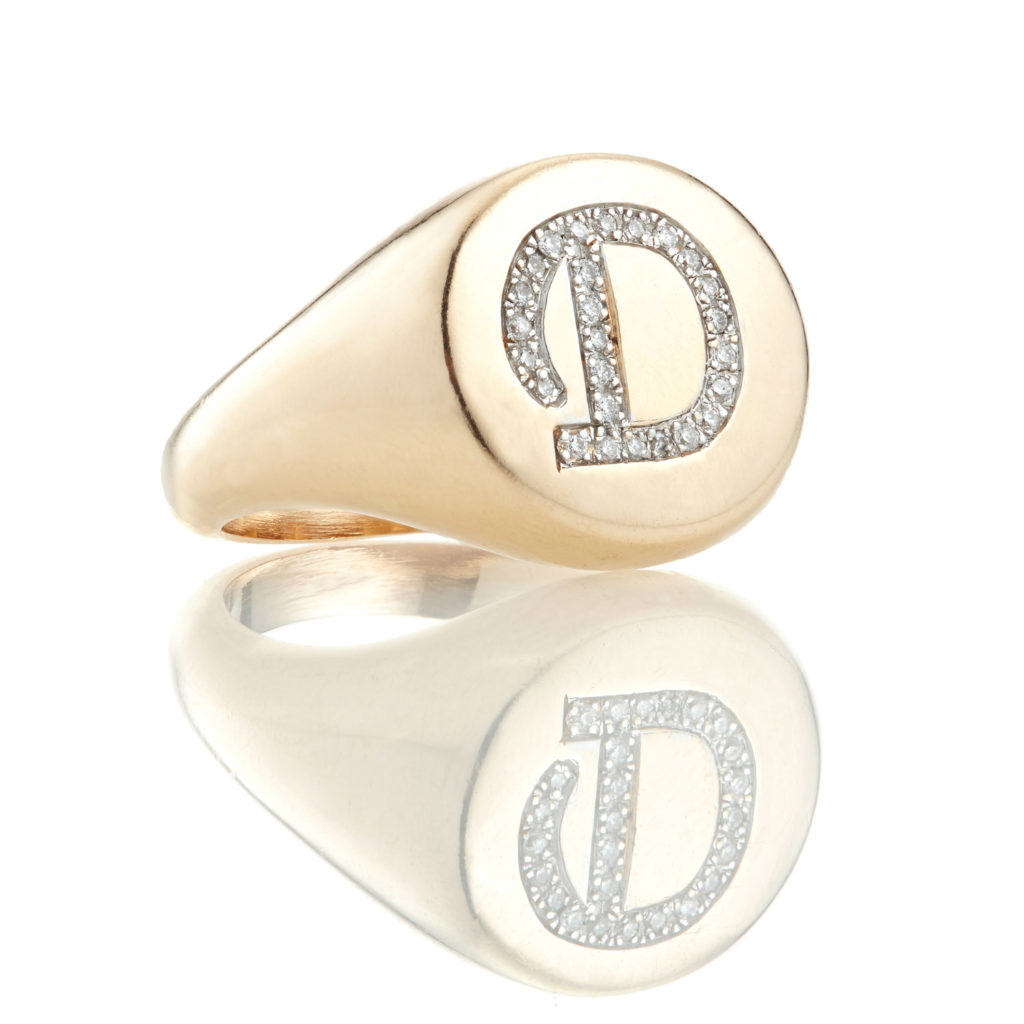
For me, jewelry is the expression of the soul and reflects the attachment to your loved ones. It often represents a part of yourself, and of some milestones in life. And of course jewelry can rock your attitude!
From Nomad Jewels’ various collections, which one do you like the most and what does it evoke to you? Which piece would you choose as your talisman?
Making a choice in Nomad Jewels’s collections is not easy! But my favorite one and the next one on my bucket list is probably the green Elaia ring. I love the green color of the quartz, the diamonds baguettes and the cut: spot on! But in the meantime, I can’t wait to receive my new talisman ring, the treasure ring, and the pleasure of unveiling this new treasure will be a delightful moment during this confinement period!
What is your jewelry pet peeve or you would never be caught dead in…?!
I am not very keen on jewelry that is not made of authentic materials, and which are not meant to last forever.
I know that with your family, whenever you get the chance, you are traveling around the globe. True Nomads! Tell us about one of your recent memorable trips.
Our last memorable trip was in December 2019. We visited the Isle of Pines in New Caledonia. It’s a very special place, with true respect for its beautiful and natural surroundings. The serenity, the spectacular color of the water in the lagoon, and the feeling of being alone in the world are just magic!
We met on a trip to St. Barth a few years ago, through our mutual dear friend, Hania Bailly (last month’s muse), I know it’s one of your favorite destinations. Tell me what attracts you to the island? Your favorite spots and addresses on the island?
St. Barth means a lot for me and my family. It’s our li_le paradise. The island is just beautiful and the ambiance is “décontracté-chic” which gives a particular atmosphere unique to St Barth. Over the years, it has become our meeting place with our friends all over the world, of which many of them can be considered as “nomads”! If I were to name only two beaches, it would be Governor Beach and Salines Beach. I would advise you to have lunch at Nikki Beach for the atmosphere and music, or at Sand Bar at Eden Rock for an intimate lunch with splendid view. For dinner, I would recommend the restaurant l’Esprit or Tamarin.
When you travel how do you pick which jewelry pieces to bring with you and which ones do you never leave without?
It’s always a difficult choice, it depends on the destination, the expected encounters, the kind of holidays, and the local safety of course. However, my engagement ring is my loyal companion.
Your next destination on your bucket list, as soon as we are allowed to travel?
St Barth of course, and I still need to visit some of the severs wonders of the world, such as Machu Picchu in Peru or the Taj Mahal in India.
The top 5 things on your list, as soon as we are out of this pandemic?
Giving some big hugs and kisses to my kids, resuming travelling across the globe, continuing to create memories with friends and family, dining in fancy restaurants and stretching my body and soul in the yoga room.
Your vision of life post COVID-19? In an ideal world…
In a competitive world where everything is subject to pressure, there is probably not enough time for reflection and questioning the very essence of our existence in this world? It’s maybe time to consider alternative ways of living, to protect ourselves for similar crises, and to perhaps review the health system which is unfortunately a mere political issues. In an ideal world, we could refer to the quote that late Emile de Girardin already stated in 1852: “to govern is to foresee, and to foresee nothing is to run into its loss”.
